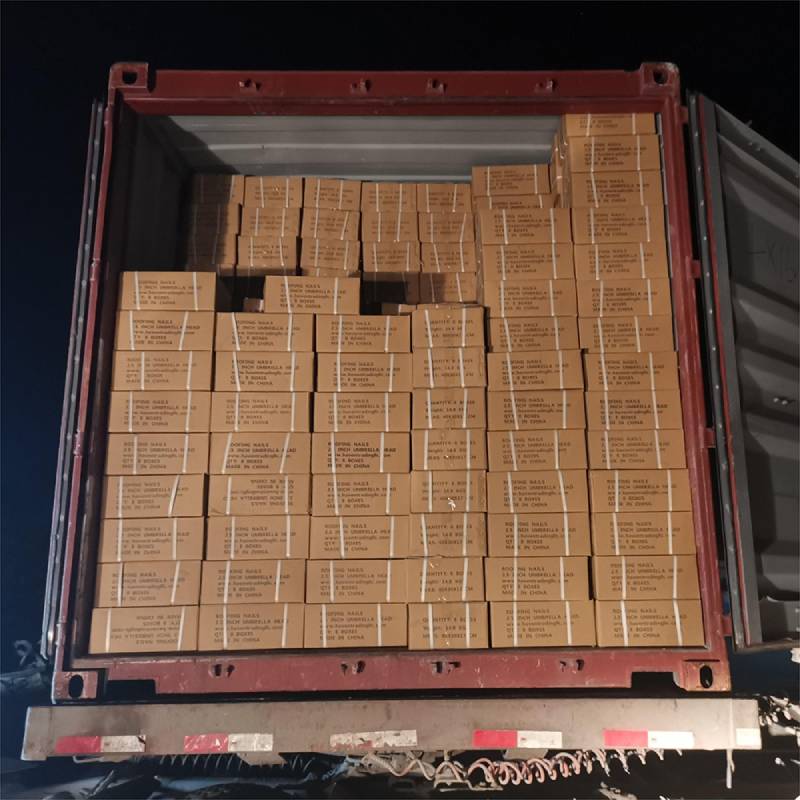Affordable Mesh Fence Prices | Quality Fencing Solutions
The Cost of Mesh Fencing A Comprehensive Overview
When it comes to securing properties, mesh fencing has become a popular choice among homeowners and businesses alike. This versatile type of fencing offers a combination of durability, visibility, and aesthetic appeal, making it suitable for various applications, from residential gardens to industrial sites. However, one of the primary considerations for anyone thinking about installing a mesh fence is the price. Understanding the factors that influence mesh fence pricing can help in making an informed decision.
The Basics of Mesh Fencing
Mesh fencing typically consists of woven wire or welded wire panels, which are set between posts. This type of fencing is highly regarded for its robustness and resistance to environmental factors, such as wind and rain. It comes in various types, including chain link fences, welded mesh panels, and electric mesh options, each with its unique characteristics and price points.
Factors Influencing Mesh Fence Pricing
1. Material Quality The price of mesh fencing can vary greatly depending on the materials used. Higher quality materials, such as galvanized steel or vinyl-coated wire, tend to be more expensive but offer better longevity and resistance to corrosion. Cheaper materials may reduce initial costs but could lead to higher replacement expenses in the long run due to wear and frequent repairs.
2. Height and Configuration The height of the fence plays a crucial role in determining the overall cost. Standard mesh panels typically come in heights ranging from 3 to 8 feet, with taller options priced higher. Additionally, custom configurations or specialized designs also contribute to higher costs.
mesh fence price

3. Installation Costs The installation process can significantly impact the total price of mesh fencing. Professional installation generally incurs extra costs, but it ensures that the fence is erected correctly and meets local regulations. DIY installation might save money, but it requires some level of skill and tools.
4. Location and Accessibility Geographic location and site accessibility also affect pricing. Areas with high demand for fencing services may have elevated labor costs. Moreover, difficult terrain or locations that require additional preparation (such as leveling the ground) can lead to added expenses.
5. Accessories and Additional Features Extras like gates, privacy slats, or security features (like barbed wire or electric components) can quickly add to the total cost. It's essential to factor in these accessories when budgeting for a mesh fence.
Average Pricing Estimates
On average, the cost of mesh fencing can range from $10 to $30 per linear foot, depending on the factors mentioned above. For instance, chain link fencing is generally at the lower end of the spectrum, while more robust or decorative mesh options may reach higher price points. Additional installation costs can add anywhere from $5 to $15 per foot, depending on the complexity of the project.
Conclusion
In conclusion, while mesh fencing presents an attractive and effective option for property security, several factors contribute to its overall cost. By taking into account material quality, fence height, installation methods, and additional accessories, potential buyers can better gauge how much they should expect to pay. Conducting thorough research and obtaining quotes from multiple suppliers can further ensure that you receive the best value for your investment in mesh fencing. Investing time in understanding these elements will lead to a more satisfactory outcome for your fencing needs.
-
Space-Saving Chain Fence Hacks Vertical Gardening with Cyclone MeshNewsJul.16,2025
-
Innovations in Iron Nail Wire Production for Modern ConstructionNewsJul.16,2025
-
Creative Uses of Wire Netting Fence in Modern Landscape DesignNewsJul.16,2025
-
Barbed Wire Fence Innovations in Anti-Climb TechnologyNewsJul.16,2025
-
Architectural Uses of Umbrella Nails for Aesthetic Roof DesignsNewsJul.16,2025
-
Architectural Uses of Razor Barbed Wire in Secure Urban DesignNewsJul.16,2025




